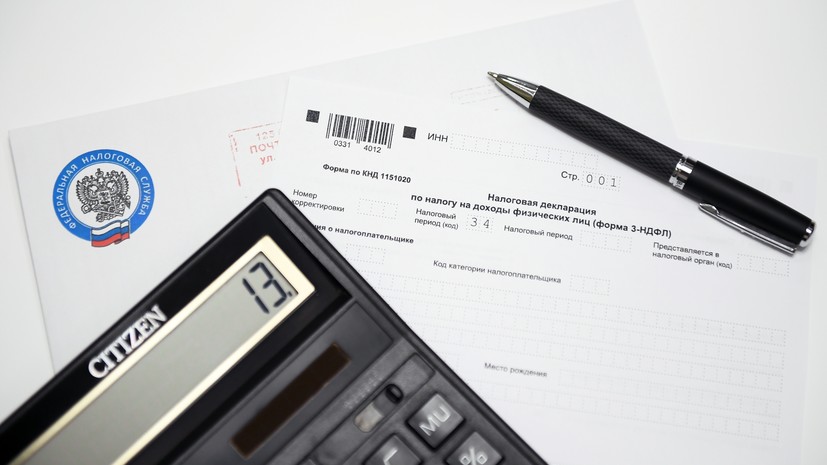LDPR deputies sent a bill to the government for review on the abolition of personal income tax (PIT) for those who earn less than 30 thousand rubles a month.
According to RT with reference to the document and the explanatory note to it, the innovation will allow persons with such an amount of income to save most of their earnings and improve their standard of living.
As the authors of the initiative noted, 30 thousand rubles is the optimal threshold for the abolition of personal income tax, since this amount is almost twice the minimum wage. Deputies believe that the proposed support measure "will become really tangible for low-income citizens."
In particular, parliamentarians are of the opinion that the abolition of personal income tax for this category of citizens will allow them to increase the family budget, which, in turn, will contribute to the economic growth of the country.
The financial and economic justification states that the adoption of the bill will require additional budget funds, but it is now impossible to determine the exact amount of compensation for income falling out of the budget, since the number of citizens with an income within 30 thousand rubles is unknown.
It is assumed that if adopted, the new rule will come into force on January 1, 2024.
Personal income tax for Russians working remotely
Earlier, the State Duma adopted in the first reading the rules governing taxation issues for those working abroad.
Employees of Russian companies working remotely will pay personal income tax in the amount of 13% (or 15% with high income), regardless of tax residency.
Also at the russian.rt.com, the State Duma approved a draft on personal income tax for a number of employees working remotely from abroad
As follows from the document, income in the form of remuneration and other payments when a remote worker performs a function under a contract with a Russian employer is classified as income from sources in the Russian Federation and is subject to a rate in respect of income of taxpayers who are not tax residents of the Russian Federation, in the amounts established for taxpayers who are tax residents of the Russian Federation.
It should be noted that at the end of April, the government submitted amendments to the State Duma, according to which persons working from abroad for Russian companies under civil law contracts will have to pay personal income tax in the amount of 30%.
The document was subsequently withdrawn. As reported by the agency RIA Novosti with reference to the press service of the Cabinet of Ministers, the bill was required to make a number of technical clarifications before sending it to the State Duma.
As explained by the deputy head of the Russian Ministry of Finance Alexei Sazanov, a single personal income tax rate of 13-15% for employees working remotely, who are both tax residents and non-residents of Russia, will avoid the outflow of employees from the country.
The deputy head of the Ministry of Finance suggested that in the case of the introduction of a 30% rate, enterprises for which individuals work can create branches abroad and employ individuals there. According to him, such a development will lead to the loss of not only personal income tax, but also from insurance premiums.
Personal income tax on the sale of housing by families with children
At the end of May, the Federation Council exempted families with two or more children from personal income tax when selling land.
As noted with the Federation Council, the relevant law is aimed at respecting housing rights and ensuring decent living conditions for citizens with two or more children, as well as improving the demographic situation in the country.
The document approved by the senators provides for exemption from personal income tax on income from the sale of a land plot, as well as outbuildings and structures that are located on this land plot. We are talking about cases of sale by the taxpayer or his spouse who are parents (adoptive parents) of at least two children under the age of 18 years.

